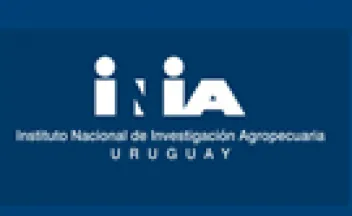FPTA 381:Proyecto Arroz-Ganadería:"Acciones responsables para sistemas sostenibles".

Respondiendo a las demandas y oportunidades del sector, el proyecto apunta a capitalizar las sinergias entre ambos rubros y generar nuevos vínculos entre arroceros y ganaderos en clave de sistema.
